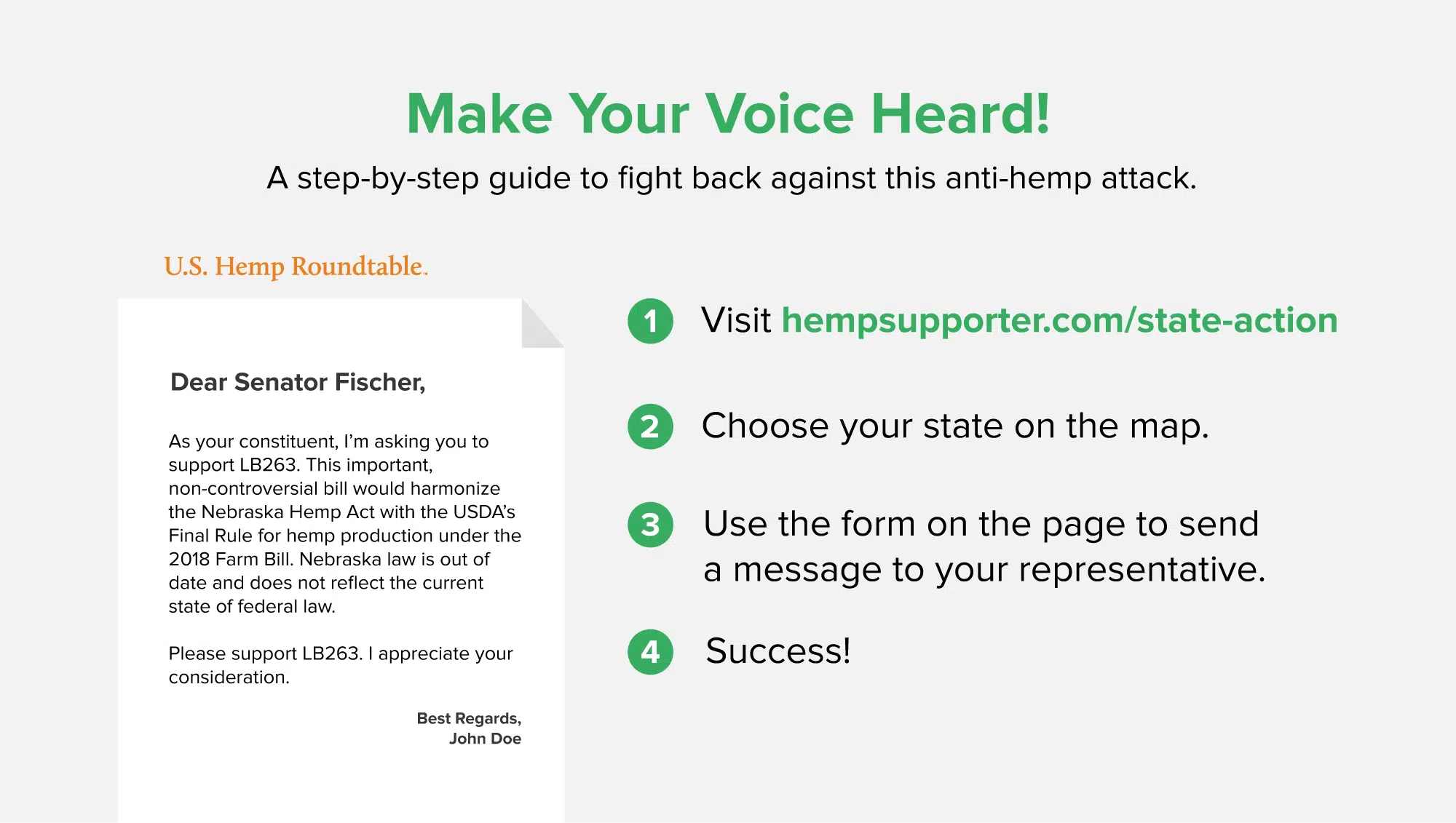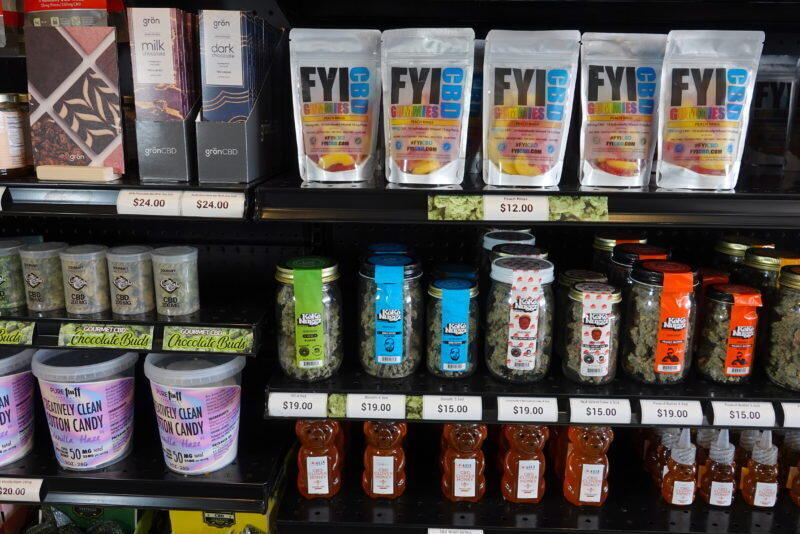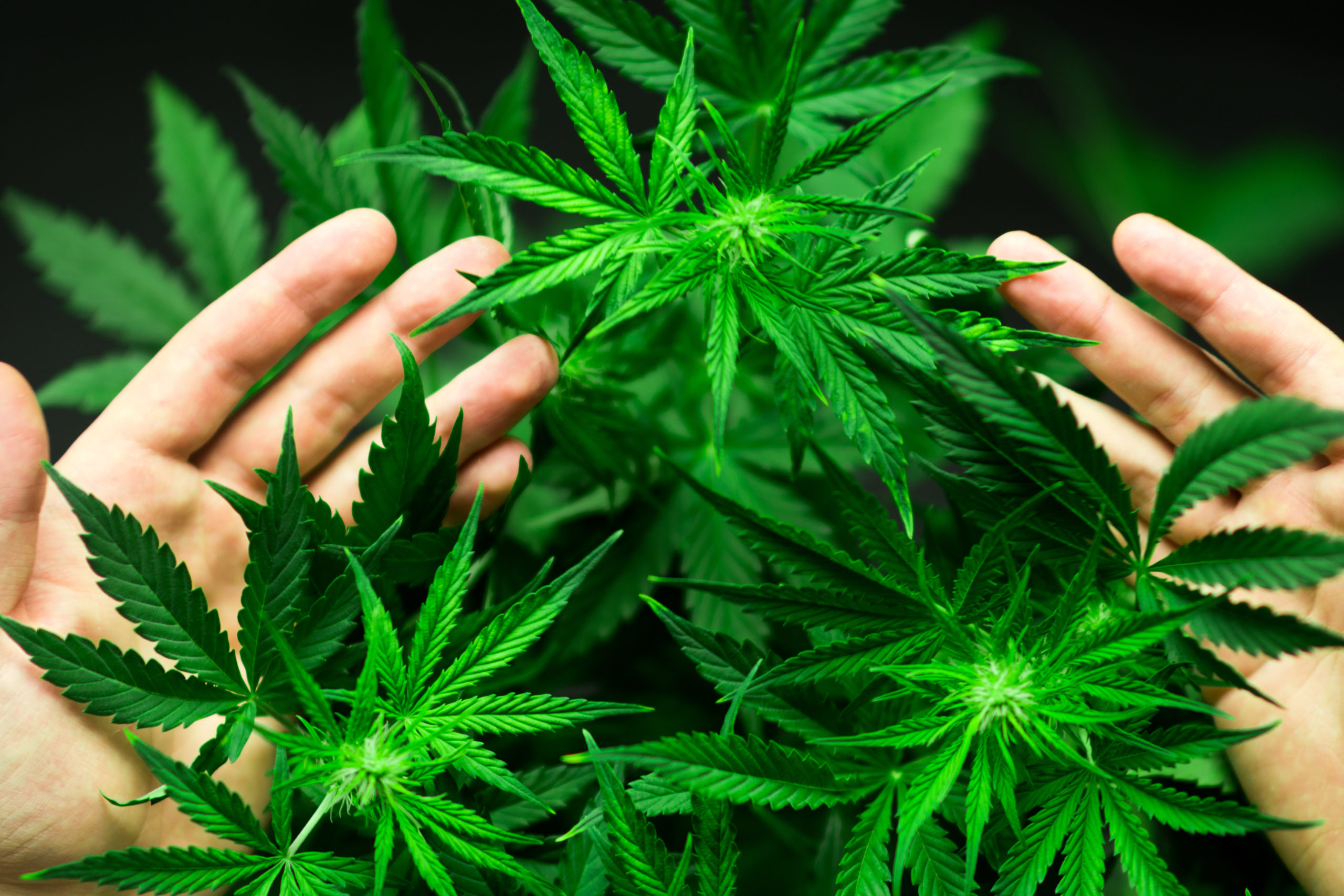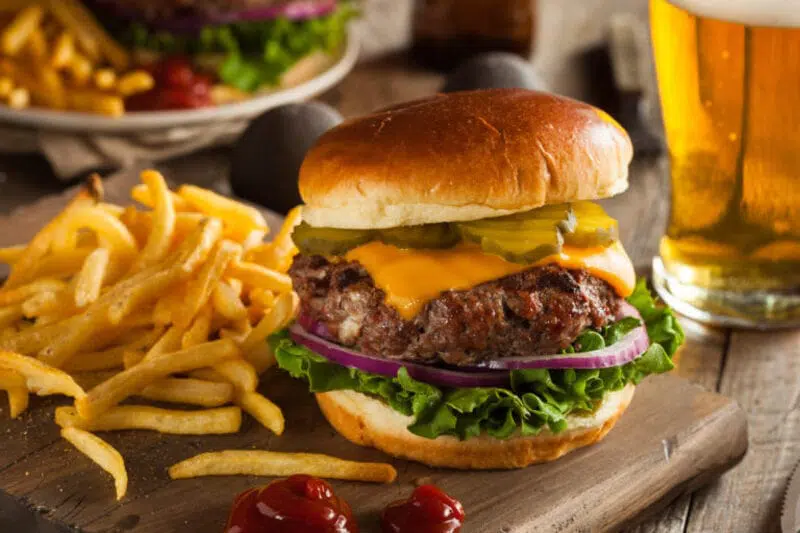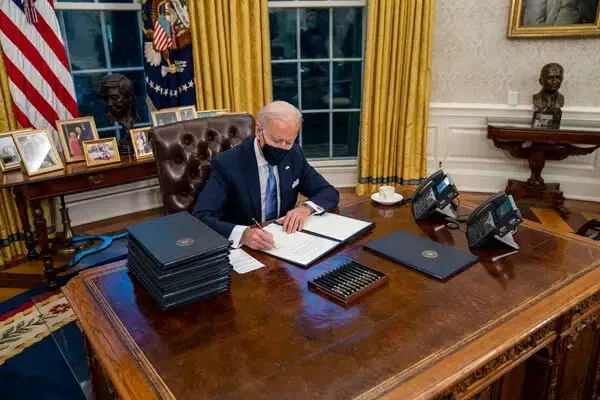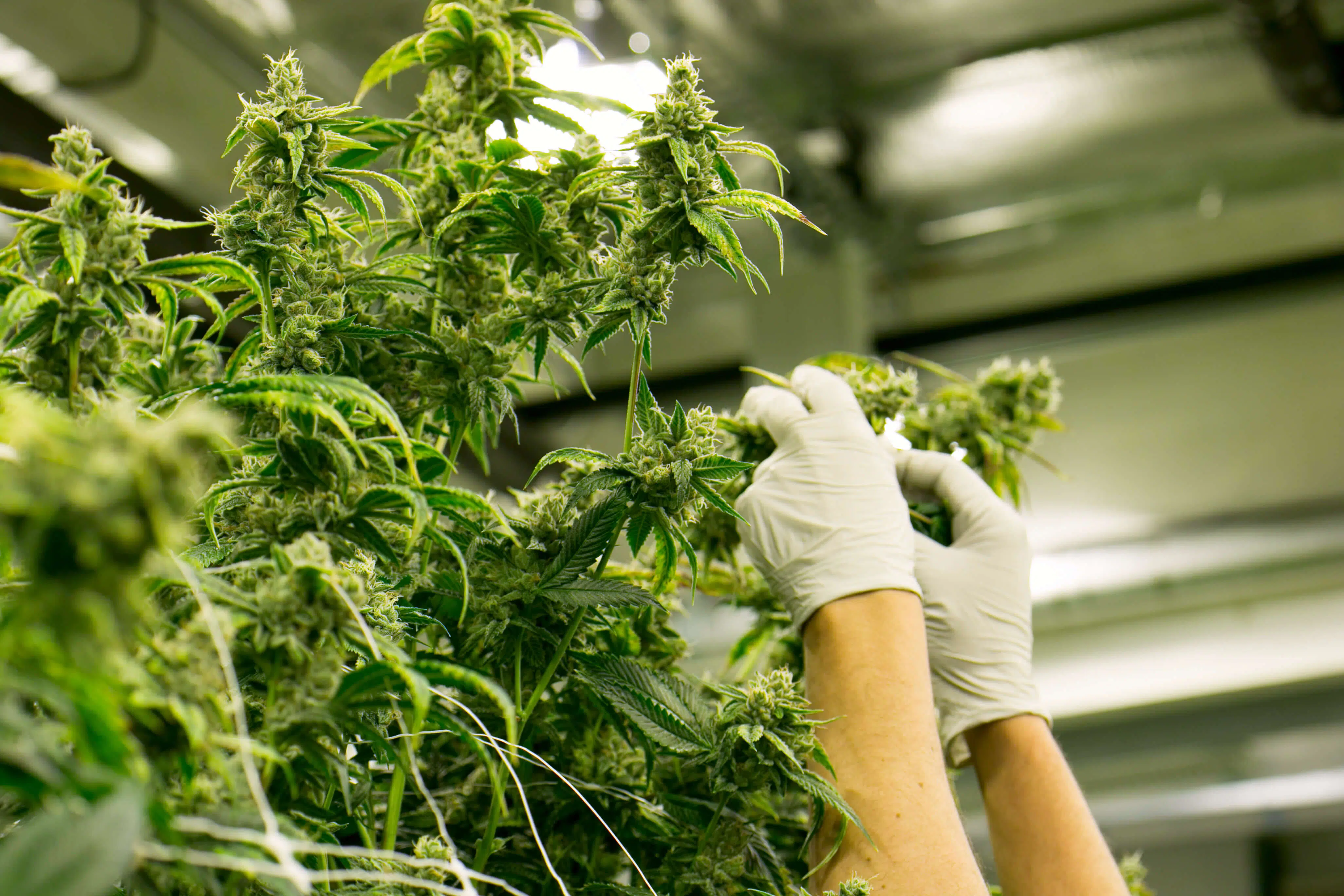-
- Market Research
- |
- CBD Near Me
- |
- Giveaways
- |
- Newsletter
- |
- Contact
- |
- Advertise
- |
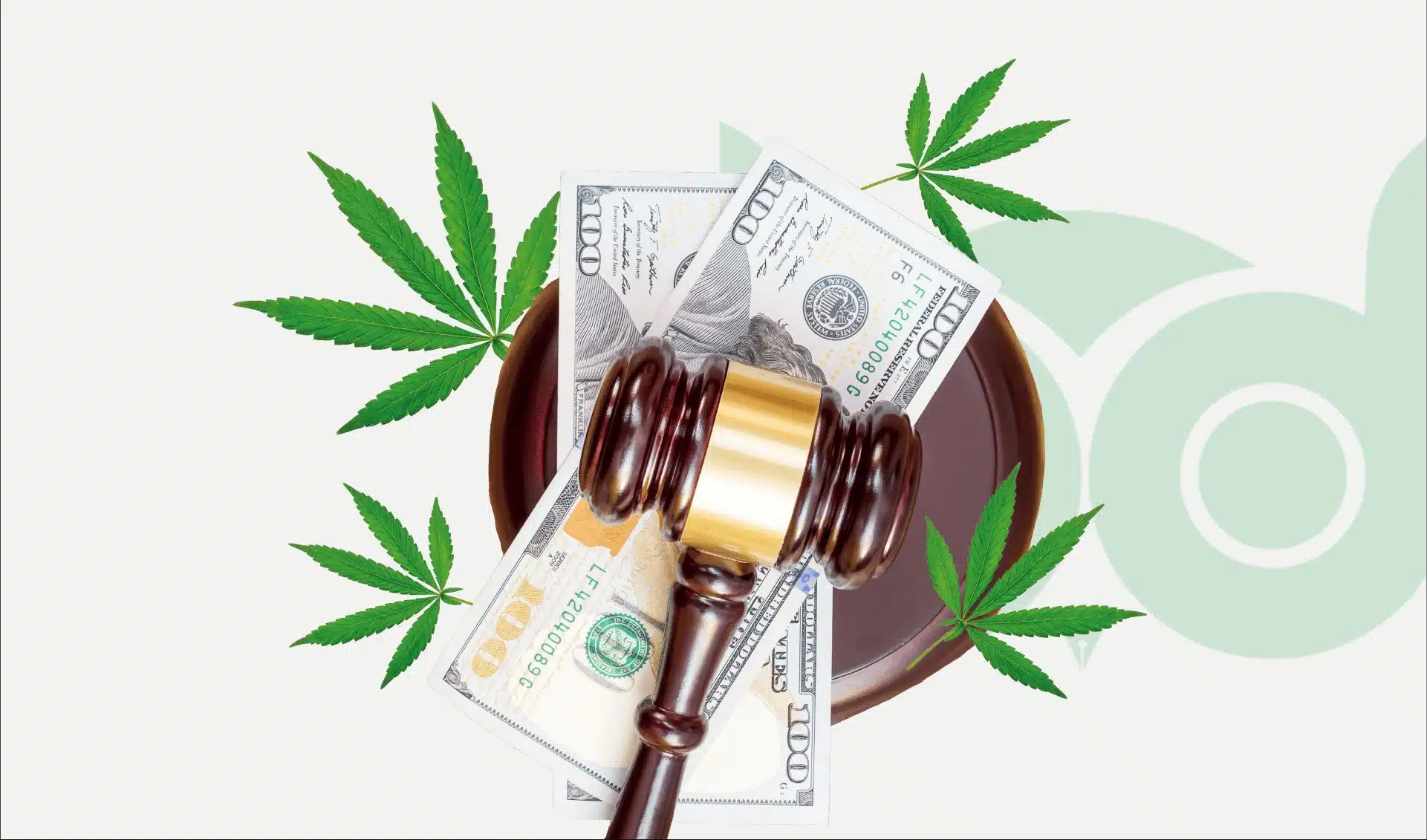
Normally, U.S. Hemp Roundtable General Counsel Jonathan Miller finds himself battling a couple of anti-hemp proposals at a time, but he now finds himself protecting the hemp industry from a coordinated attack—from cannabis, no less.
The “War On Hemp,” as this US Hemp Roundtable article describes it, is an attempt of “a growing, and often discrete minority of monopolistic marijuana interests” looking to tank the hemp retail space so they can move in, hoping this would offset the general decline throughout the marijuana industry.
Our team spoke with Jonathan Miller, who, among many other key insights, described the legal tactics this minority of cannabis interests is using against the hemp industry as well as what people can do about it.
What We’re Up Against
“There’s an effort to penalize the sale of intoxicating hemp-derived cannabinoids, with delta-8 being the most prominent. The Roundtable acknowledges delta-8’s potential health issues; the Kentucky governor just signed a law to regulate and prevent minor access,” Mr. Miller explained.
But the cannabis industry is looking to drive deeper wedges between consumers and hemp products than that of Roundtable-supported HB 544 (the KY bill), backing bills with outlandishly restrictive provisions that seek to limit THC amounts to less than half a milligram per serving, or around 3 milligrams per package when it comes to full-spectrum hemp products.
States sponsoring the most restrictive bills include the following:
- Maryland (SB 516 and HB 556)
- Florida (SB 1676 and HB 1475)
- Virginia (SB 903 and HB 2294)
- Washington State (SB 5367 and HB 1612)
- Louisiana (an emergency rule proposal)
- Arkansas (SB 358)
- North Dakota (SB 2096)
- Texas (SB 264 and HB 4238)
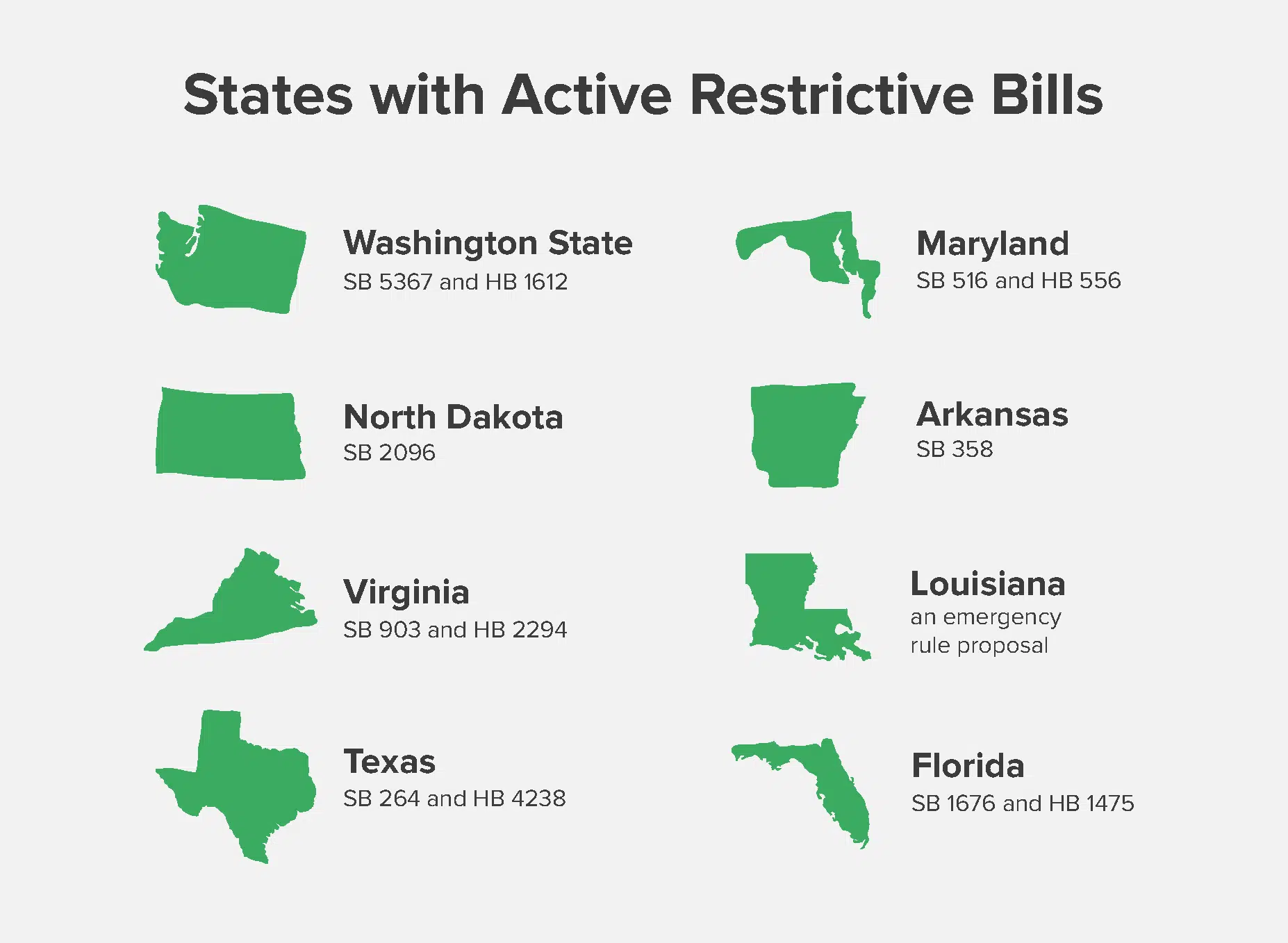
As expected, the top two targets throughout this multi-fronted legislative push are delta-8 THC and delta-9 THC, with provisions looking to limit per-serving and/or per-package quantities, as mentioned.
To put the 2-3 mg of THC per package limit Mr. Miller exposed into context, many full-spectrum products our team has sampled contain upwards of 2, 3, or even 5 milligrams of THC per serving.
And, as Mr. Miller wryly and correctly points out, the per-package THC limitation gives the impression that anti-hemp proponents are trying to support the delusion that there is a serious risk of people chugging CBD tinctures—which can cost around $60-100 in many cases—as a means of achieving a single high.
What We Can Do About It
As the Roundtable has been saying for many months now, sensible regulation of intoxicating cannabinoids is the best way to protect both the consumer and the market, not blanket bans that fracture markets and confuse consumers across the country.
Examples of such regulations that Miller and the Roundtable want to see include manufacturing standards (mirroring the dietary supplement world), age gates on internet hemp sales (not just a “check box if you’re old enough” screen), child-proof packaging, labeling standards, and cracking down on products that are clearly marketed to minors, to name a few.
Kentucky serves as an excellent model, he said thankfully, but if the Roundtable and the rest of the hemp industry are going to summit this hill, they will need massive public support.
This is where everyday hemp advocates come in—no super PACs required.
Using the US Hemp Roundtable State Action Center—the same State Action Center that kept the 2018 Farm Bill alive after 30,000 emails were funneled through it to an opposing senator overnight—you can make your voice part of the movement to fight back against this anti-hemp attack.


